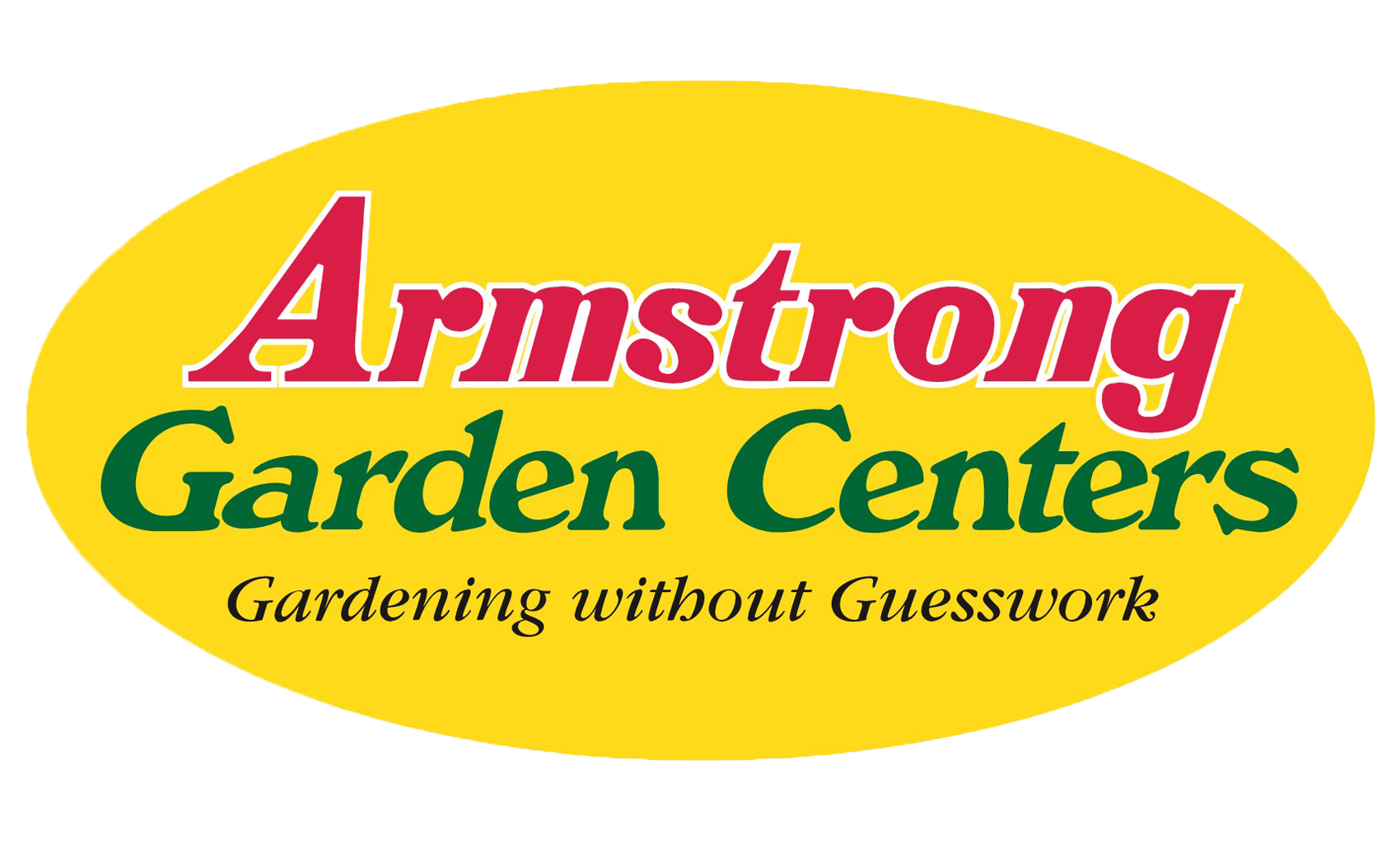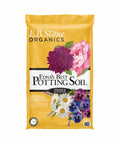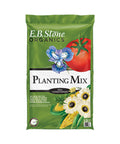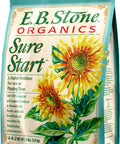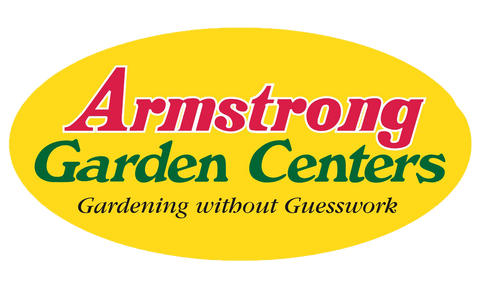Details
Flame Autumn Sage is an herbaceous evergreen perennial with an upright spreading habit of growth. Its medium texture blends into the garden, but can always be balanced by a couple of finer or coarser plants for an effective composition.
This is a relatively low maintenance plant, and should only be pruned after flowering to avoid removing any of the current season's flowers. It is a good choice for attracting bees, butterflies and hummingbirds to your yard, but is not particularly attractive to deer who tend to leave it alone in favor of tastier treats. It has no significant negative characteristics.
Flame Autumn Sage is recommended for the following landscape applications:- Mass Planting
- Border Edging
- General Garden Use
- Container Planting
Features
Flame Autumn Sage has masses of beautiful racemes of lightly-scented scarlet flowers with burgundy calyces rising above the foliage from mid spring to mid fall, which emerge from distinctive dark red flower buds, and which are most effective when planted in groupings. The flowers are excellent for cutting. Its fragrant narrow leaves remain light green in color throughout the year. The fruit is not ornamentally significant.
Care
Planting & Growing
Flame Autumn Sage will grow to be about 24 inches tall at maturity, with a spread of 3 feet. When grown in masses or used as a bedding plant, individual plants should be spaced approximately 30 inches apart. It grows at a medium rate, and under ideal conditions can be expected to live for approximately 5 years.
This plant does best in full sun to partial shade. It is very adaptable to both dry and moist growing conditions, but will not tolerate any standing water. It is considered to be drought-tolerant, and thus makes an ideal choice for a low-water garden or xeriscape application. It is not particular as to soil pH, but grows best in rich soils, and is able to handle environmental salt. It is highly tolerant of urban pollution and will even thrive in inner city environments. Consider applying a thick mulch around the root zone in winter to protect it in exposed locations or colder microclimates. This is a selection of a native North American species. It can be propagated by division; however, as a cultivated variety, be aware that it may be subject to certain restrictions or prohibitions on propagation.
Flame Autumn Sage is a fine choice for the garden, but it is also a good selection for planting in outdoor pots and containers. With its upright habit of growth, it is best suited for use as a 'thriller' in the 'spiller-thriller-filler' container combination; plant it near the center of the pot, surrounded by smaller plants and those that spill over the edges. It is even sizeable enough that it can be grown alone in a suitable container. Note that when growing plants in outdoor containers and baskets, they may require more frequent waterings than they would in the yard or garden.
